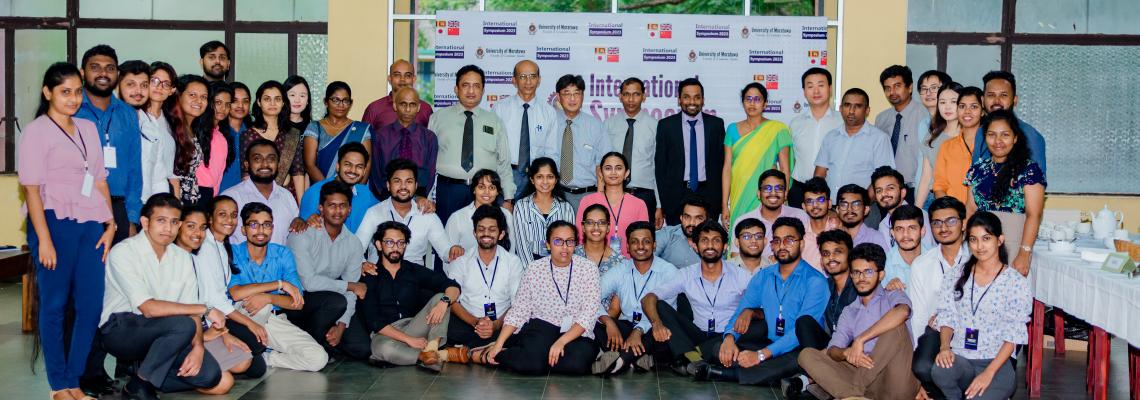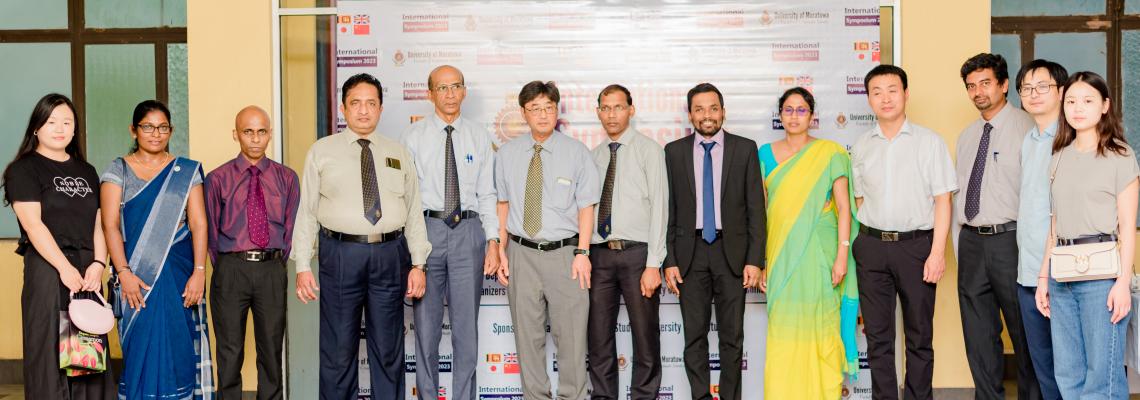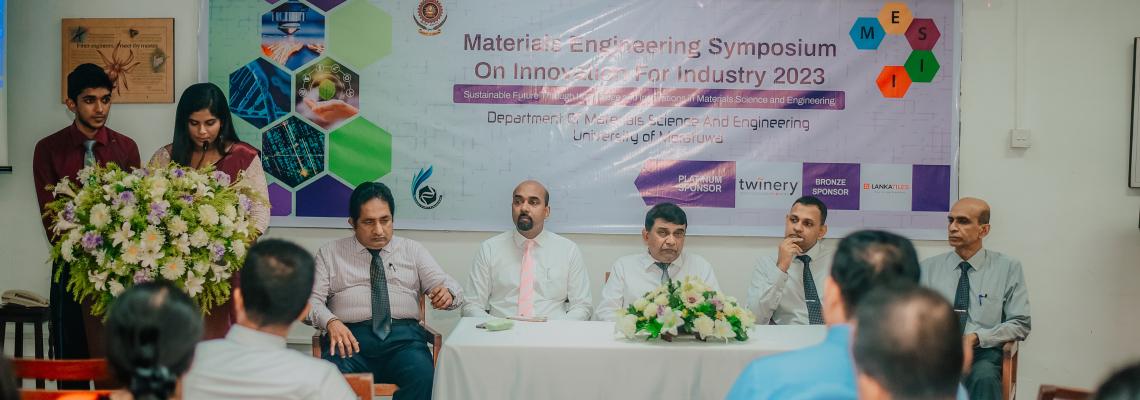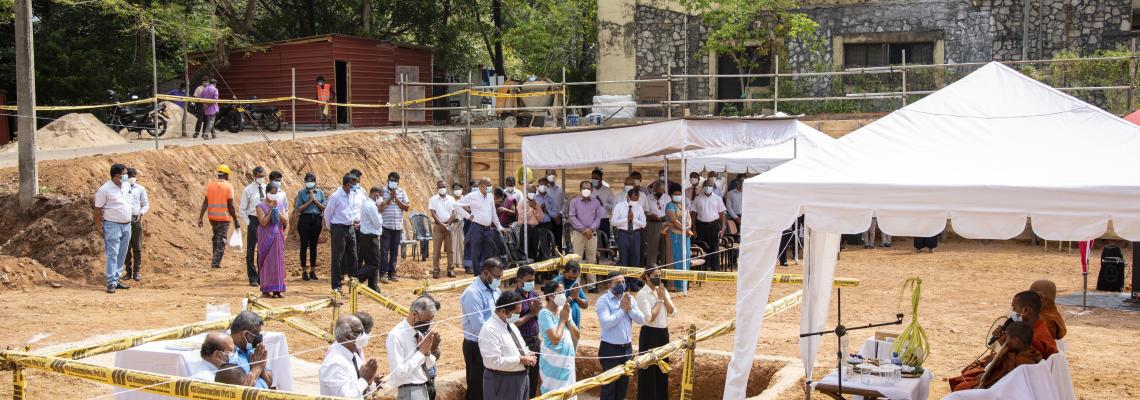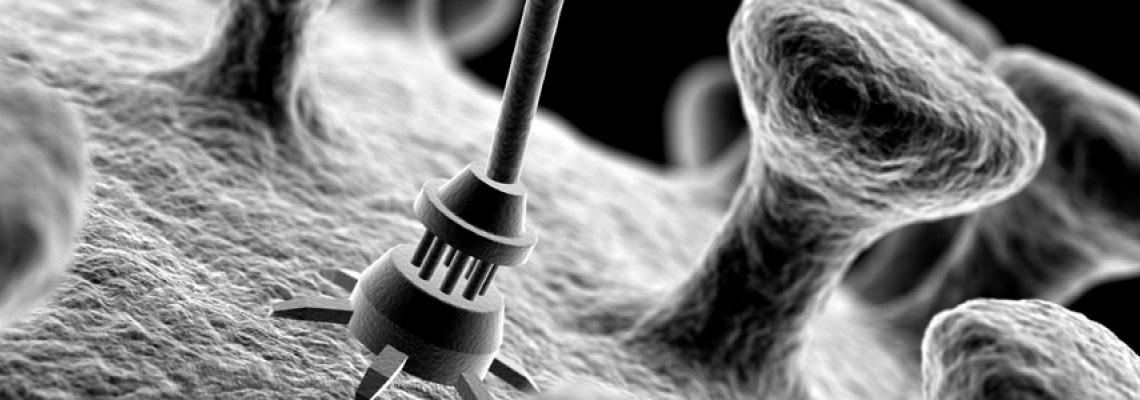Shape the Future with Nanotechnology and Advanced Materials
Are you a graduate in Engineering or Physical Sciences ready to take your career to the next level?
Dive into the cutting-edge realm of nanotechnology and advanced materials with the M.Sc./PG Diploma in Nanotechnology offered by the Department of Materials Science and Engineering at the University of Moratuwa — Sri Lanka’s trailblazers in Materials Engineering.
Join us to transform your passion for innovation into expertise that drives the technologies of tomorrow!
The M.Sc. in Nanotechnology program at the University of Moratuwa paves the way for your success in one of the most ground-breaking fields of the modern era. Designed for science and engineering graduates, this program provides the skills and knowledge needed to thrive in high-tech industries on a global scale. By merging a robust foundation in materials science with cutting-edge advancements in nanotechnology, it empowers you to innovate, lead, and revolutionize the future of advanced materials and emerging technologies.
Through cutting-edge research projects, students can collaborate with industry partners and academic institutions, gaining invaluable hands-on experience while building a professional network that can open doors to exciting career opportunities. The program’s flexible hybrid mode is designed to accommodate busy professionals, with physical classes held on weekends and public holidays. Delivered by renowned experts, the lectures ensure students receive top-quality education and stay updated on the latest advancements in nanotechnology.
Graduates of this program step into a world of rapidly growing demand for nanotechnology expertise. With industries across electronics, healthcare, energy, and more embracing the power of nano-materials, this qualification positions you as a sought-after professional ready to drive innovation and create the technologies of tomorrow.
Invest in your future today! Pursue the M.Sc. in Nanotechnology and unlock a career in one of the most exciting fields of modern science and engineering.
Why Choose This Program?
- Comprehensive Curriculum: Covers everything from the fundamentals of materials science to the latest innovations in nano-materials and their applications.
- Theoretical & Practical Focus: Learn from leading experts and gain hands-on experience through cutting-edge research projects, developed in collaboration with industry leaders and academic institutions.
- Hybrid Learning Model: Flexible weekend and public holiday classes to accommodate working professionals, while maintaining the highest educational standards.
Why Hesitate? Step Into Tomorrow’s World Today!
The demand for experts in nanotechnology and advanced materials is rapidly increasing, making the M.Sc. in Nanotechnology an exceptional opportunity for Engineering and Physical Science graduates eager to make a real impact.
Embark on a transformative journey that not only accelerates your career but also empowers you to shape the future of ground-breaking technologies.
PROGRAMME STRUCTURE
The program offers two options for students to choose from:
- MSc by coursework and research project [02 years, Part-time, SLQF Level 10]
- Postgraduate Diploma [01 year, Part-time, SLQF Level 08]
This program offers flexibility, allowing students to customize their education according to their career goals—whether seeking an in-depth exploration or a more focused, shorter program.
A standout feature of the M.Sc. in Nanotechnology at the University of Moratuwa is the strong emphasis on design projects across the course modules. Students will apply the knowledge gained in each module to create innovative materials, devices, and technologies with unique properties and capabilities. This hands-on approach not only deepens their understanding but also equips them with practical skills highly sought after by employers.
PROGRAMME DELIVERY
This program will pursue learning outcomes through a variety of learning methods.
- Learning in formal environment
- Learning with peers
- Learning from practice
- Self-learning
This postgraduate program will be delivered mainly by means of Power Point® based lectures. Videoconferencing facilities will also be used whenever possible and whenever necessary.
In addition, there will be in class discussions (to actively engage students with the subject matters), group assignments (to encourage peer learning), question & answering sessions and laboratory experiments.
|
|---|
Guest lectures (on recent advancements), seminars, tutorials, Industrial and field visits to help students improve their learning in a more interactive, topic specific way.
Orientation workshops at the beginning of the program to facilitate students to familiarize themselves with the staff.
ENTRY REQUIREMENTS
The Degree of Bachelor of the science of Engineering of the University of Moratuwa specializing in a relevant field;
or
Any other engineering degree or Bachelor of science degree of at least four years duration, from a recognized University, in a relevant field as may be approved by the Senate;
or
Any other engineering, science or technology degree of at least three years duration, from a recognized University, in a relevant field and a minimum of two years of recognized appropriate experience, as may be approved by the Senate;
or
Any recognized category of membership of a recognized Professional institute, obtained through an academic route, with a minimum of three years of recognized appropriate experience obtained after the membership, as may be approved by the Senate.
How to Submit Your Application
Completed applications, together with a paying-in voucher for Rs. 5,000/= (drawn in favour of University of Moratuwa, Account No. 70993353, Bank of Ceylon, Katubedda), should preferably be submitted by post or in person to:
Head,
Department of Materials Science and Engineering,
Faculty of Engineering,
University of Moratuwa,
Moratuwa 10400.
Applicants may alternatively submit the completed application form and a scanned copy of the paying-in voucher by email to msc.materials.uom@gmail.com
If you are submitting your application online, it is advisable to also WhatsApp a copy of your application to +94 77 073 4484 and inform the Course Coordinator by email.
If you are shortlisted for an interview, you must bring the signed original application form together with the original paying-in voucher.
Application
Applicants may either:
- Download the application form from the Department website, or
- Collect a printed copy from the Department of Materials Science and Engineering, University of Moratuwa.
Application forms are available during working hours: Monday to Friday, 9.00 a.m. – 4.00 p.m.
Application Closing
Completed applications, together with a paying-in voucher for Rs. 5,000/= (drawn in favour of University of Moratuwa, Account No. 70993353, Bank of Ceylon, Katubedda), must be submitted to:
Head, Department of Materials Science and Engineering
Faculty of Engineering
University of Moratuwa
Moratuwa 10400
Deadline: 15th October 2025
Contact Details
Dr. D.A.S. Amarasinghe (Course Coordinator)
Tel: +94-11-2640440 / +94-11-2640051 (Ext. 5128)
Mobile: +94-77-0734484

